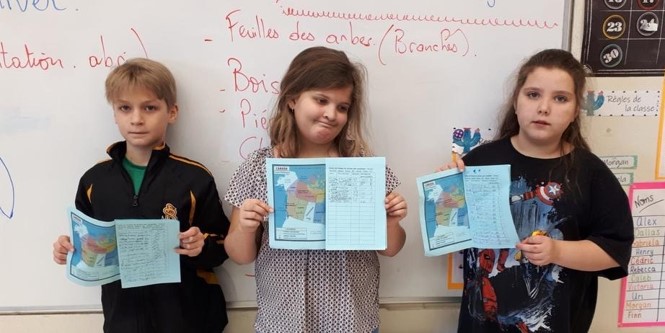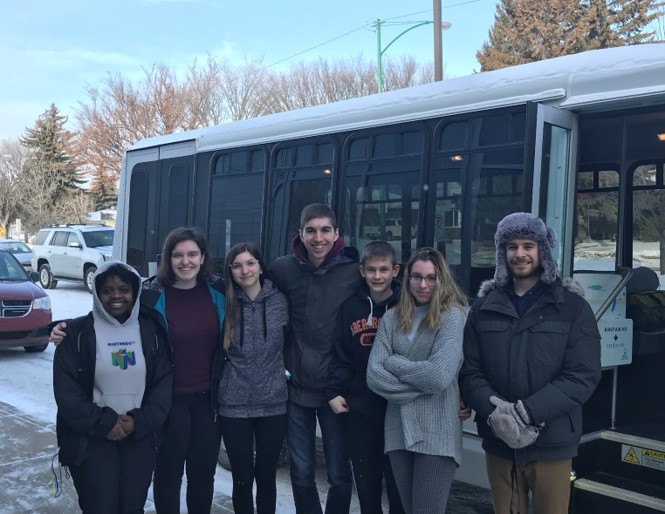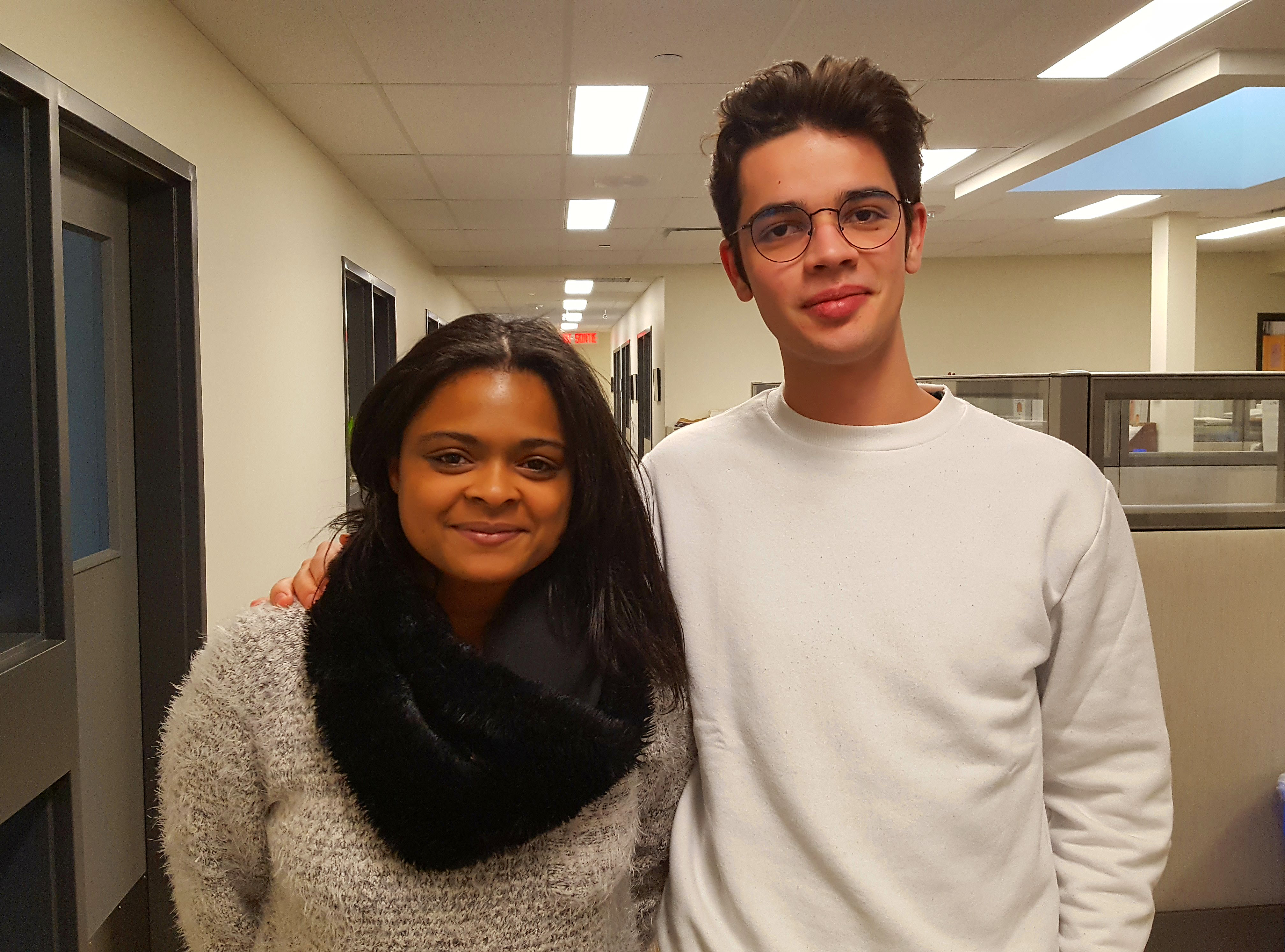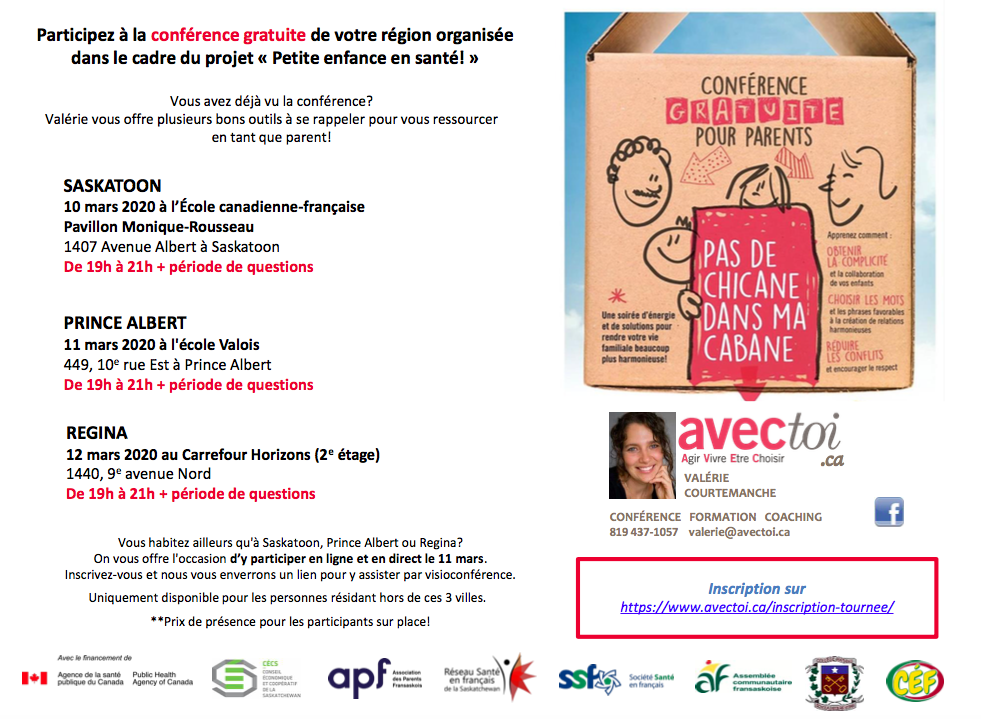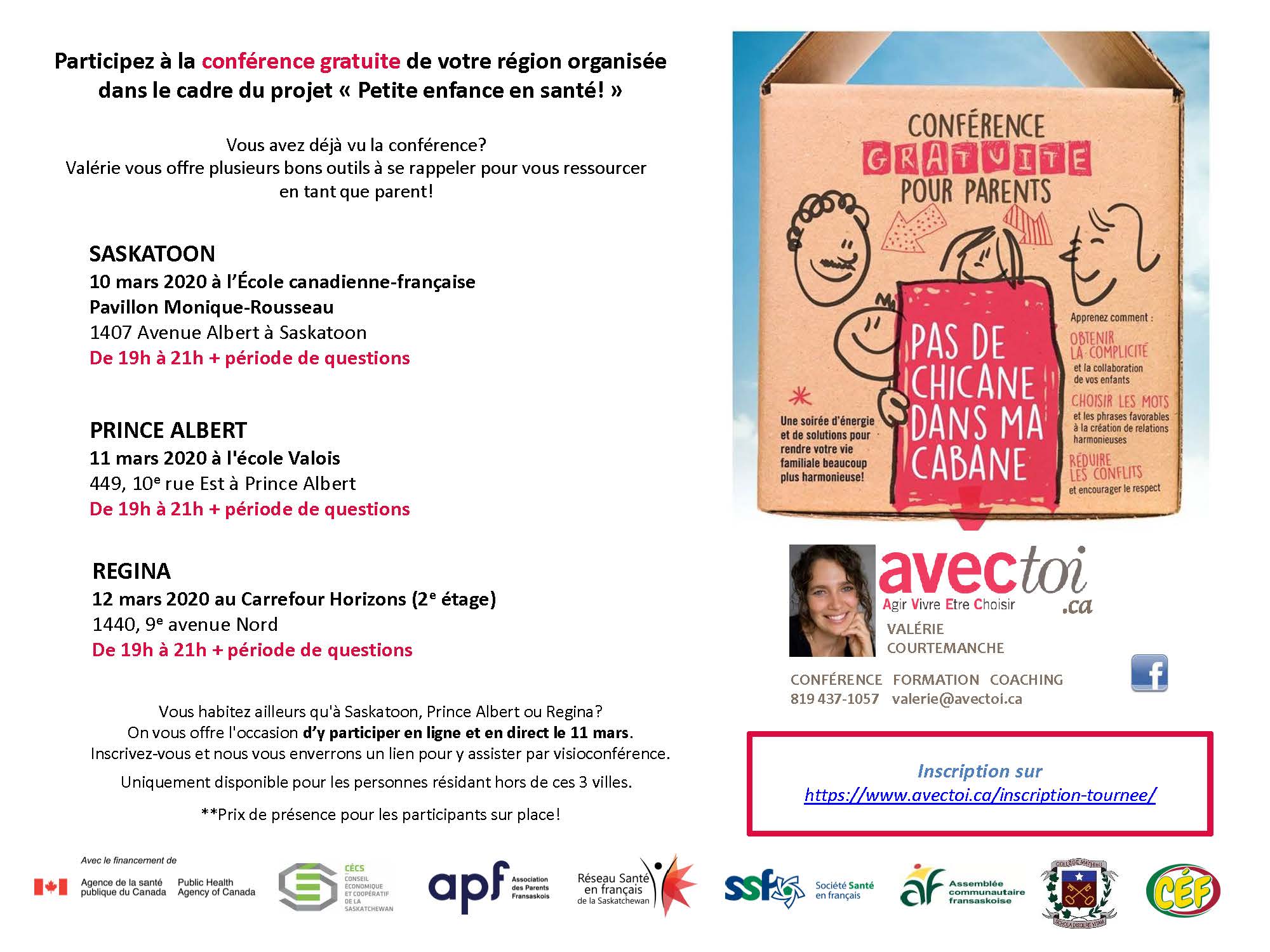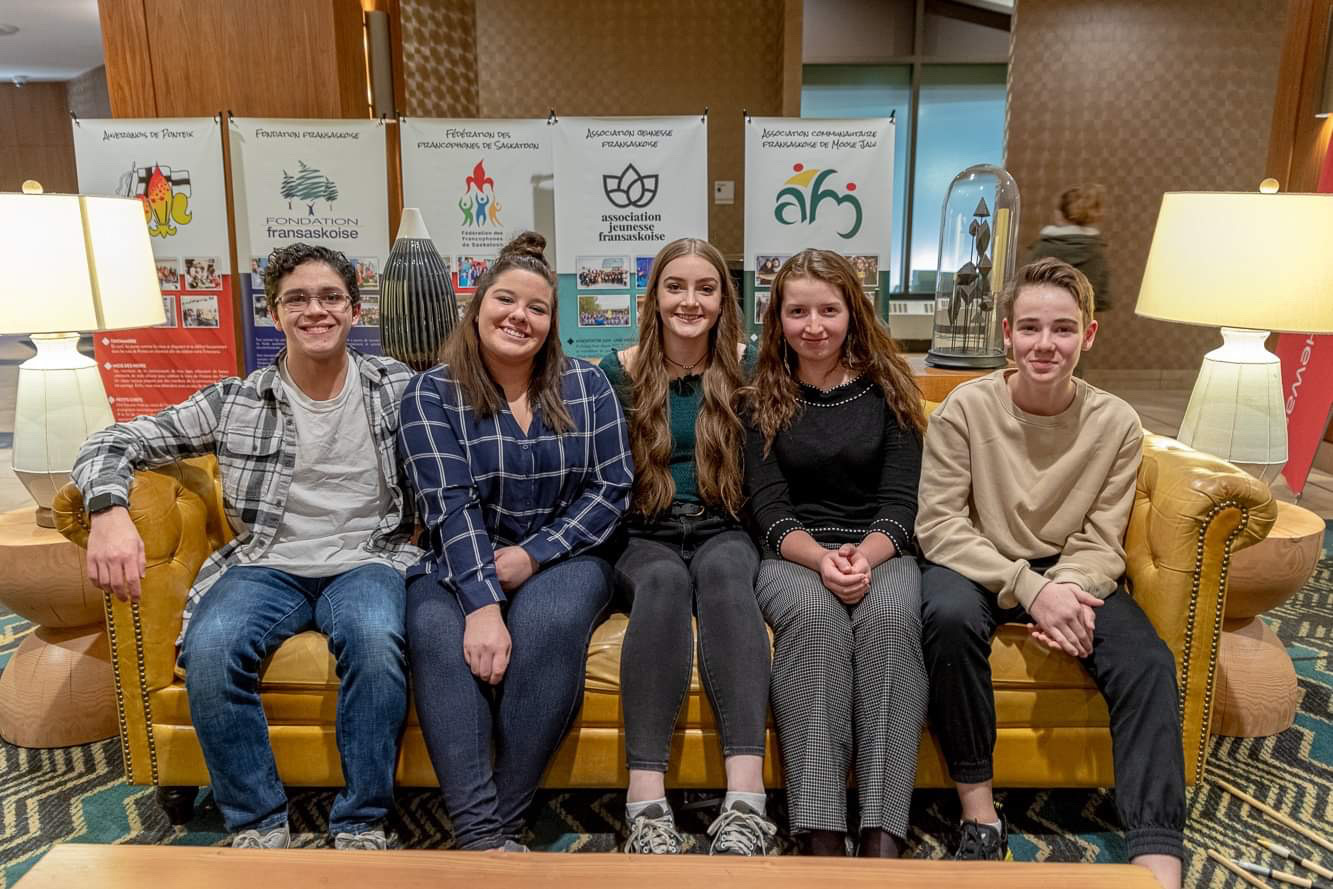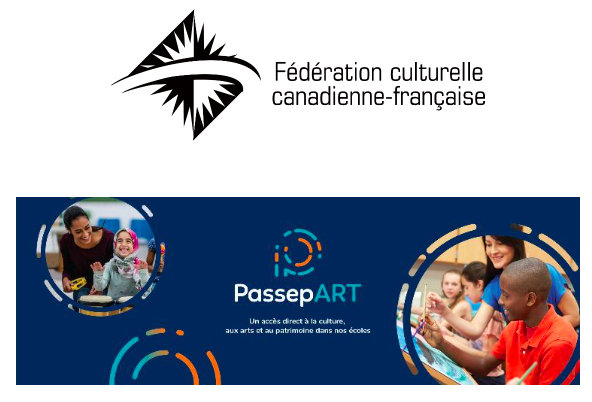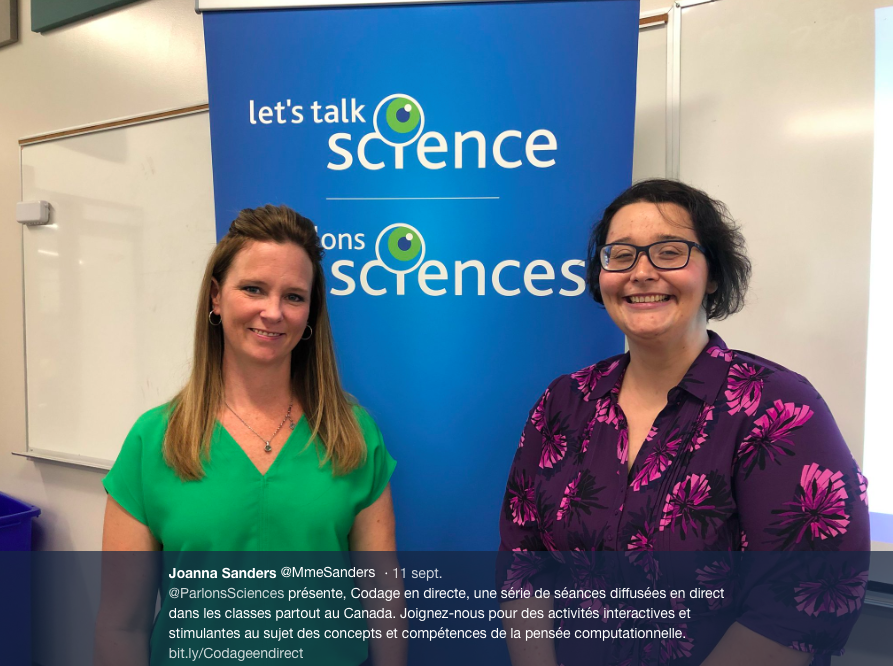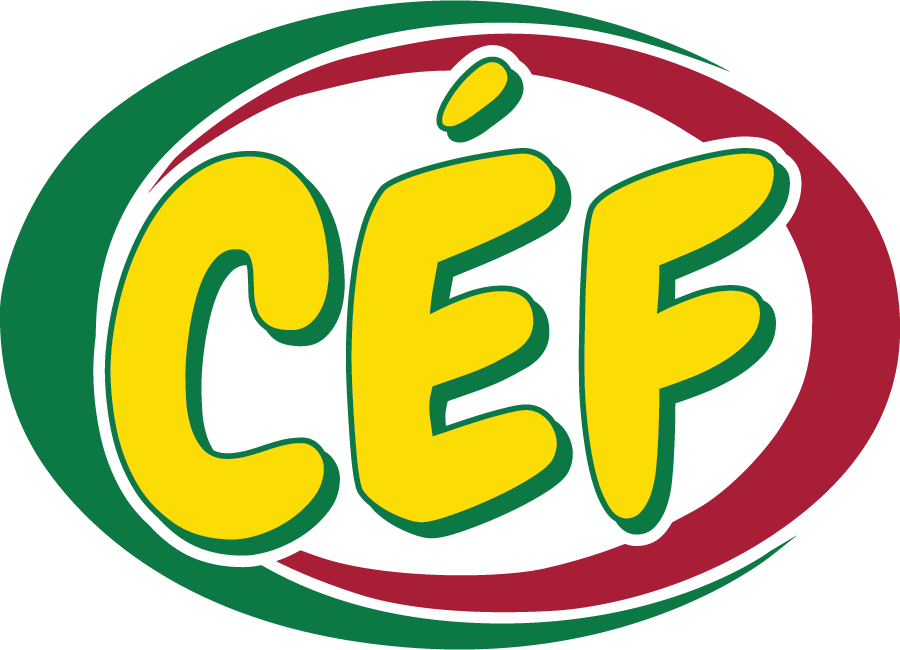Faits saillants de la réunion de la séance régulière du Conseil scolaire fransaskois qui s’est tenue à Régina le 24 janvier 2020.
Le CSF a mandaté le Comité de gouvernance et des politiques de se pencher sur l’actualisation de la politique Restriction sur les opérations (3,2 Programmes et services).
Le comité stratégique et de négociation a été mandaté par le CSF d'élaborer un positionnement stratégique sur les actualités dans le monde de l'éducation en Saskatchewan.
Le CSF a reçu le rapport de suivis de la direction générale comprenant le rapport du premier trimestre 2019-2020 (sept. à nov. 2019) et les états financiers du 1er trimestre 2019-2020. Plusieurs chantiers sont en voie de réalisation:
- L'élaboration et le plan de mise en œuvre et d'évaluation du nouveau profil de sortie de l'élève;
- L'accompagnement du personnel enseignant et des directions d'école;
- L'élaboration d'un outil d'identification et d'une procédure pour inventorier les activités conjointes entre les écoles et les organismes de la communauté;
- L'actualisation du plan de communication du CÉF pour approbation par le CSF;
- Les objectifs de recrutement et de fidélisation des meilleurs talents;
- La révision, l'actualisation et l'approbation de l’ensemble des politiques et pratiques sectorielles;
- L'élaboration et la mise en oeuvre d'un plan de formation et de développement professionnel quant au plan de relève;
- L'évaluation de la qualité de la langue française du personnel du CÉF et l'accompagnement dans l'acquisition de compétences linguistiques;
- Les travaux des communautés d’apprentissage professionnelles des écoles ont repris;
- Les Services aux élèves poursuivent le soutien aux élèves vivant des défis au niveau de l’apprentissage ou du bien-être;
- Le projet des relations harmonieuses se poursuit dans les écoles ciblées;
- Les travaux des communautés d’apprentissage professionnelles des écoles ont repris;
- Les Services aux élèves poursuivent le soutien aux élèves vivant des défis au niveau de l’apprentissage ou du bien-être. Ils soutiennent aussi le personnel enseignant au niveau de la poursuite de la mise en œuvre de la « réponse à l’intervention » (RAI);
- Le projet des relations harmonieuses est en à sa 3ème année et le personnel des écoles Du Parc, Laval élémentaire, ÉCF-Pavillon Monique Rousseau (élémentaire) et Valois sont en action afin de mettre en place des pratiques d’encadrement des élèves sous une approche plus humaniste, en développant chez les jeunes et les adultes des réponses différentes face aux diverses situations vécues à l’école. Une approche bienveillante, constructive pour un milieu de vie sain;
- Le soutien aux enseignants et aux assistants en éducation inclusive qui interviennent auprès des élèves vivant un trouble du spectre de l’autisme se poursuit;
- Les activités du comité d’admission, qui traite des demandes de soutien spécialisé, ont repris. La fréquence des rencontres et la clarté des procédures font en sorte que les demandes provenant des écoles sont traitées avec diligence; et,
- Le CÉF assure la rétention et le développement de son personnel par la poursuite du plan de relève des directions d’école.
Le CSF a pris connaissance des derniers développements dans la mise en chantier de l'entente avec le Gouvernement de la Saskatchewan visant à l'établissement de trois nouvelles écoles du CÉF à Regina, Prince Albert et Saskatoon. Le démarchage politique se poursuit auprès des autorités provinciales et des partenaires communautaires, notamment dans le dossier de l'acquisition de l'édifice de l'ancienne Académie Rivier où des efforts additionnels sont fournis afin de faire avancer le projet.
Le comité de finance et vérification poursuit sa démarche visant à enchâsser une culture de gestion des risques intégrée dans un cadre de gestion de performance, accompagné d'un plan de travail avec des dates fixes et stratégiques. Le CSF est à finaliser le processus d'élaboration d’une formation sur la gouvernance et la gestion du risque.
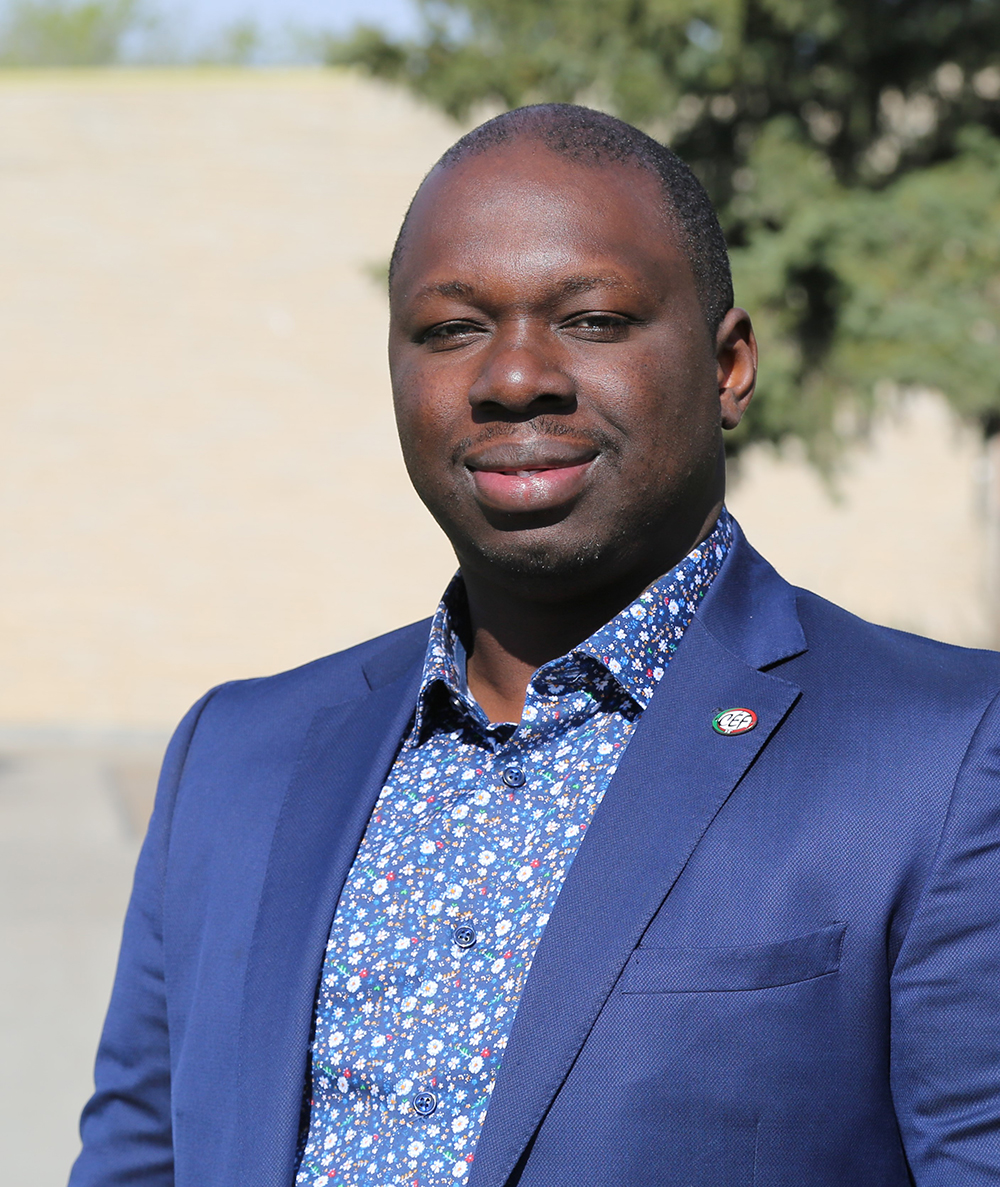 Bonjour chers parents et tuteurs,
Bonjour chers parents et tuteurs,


